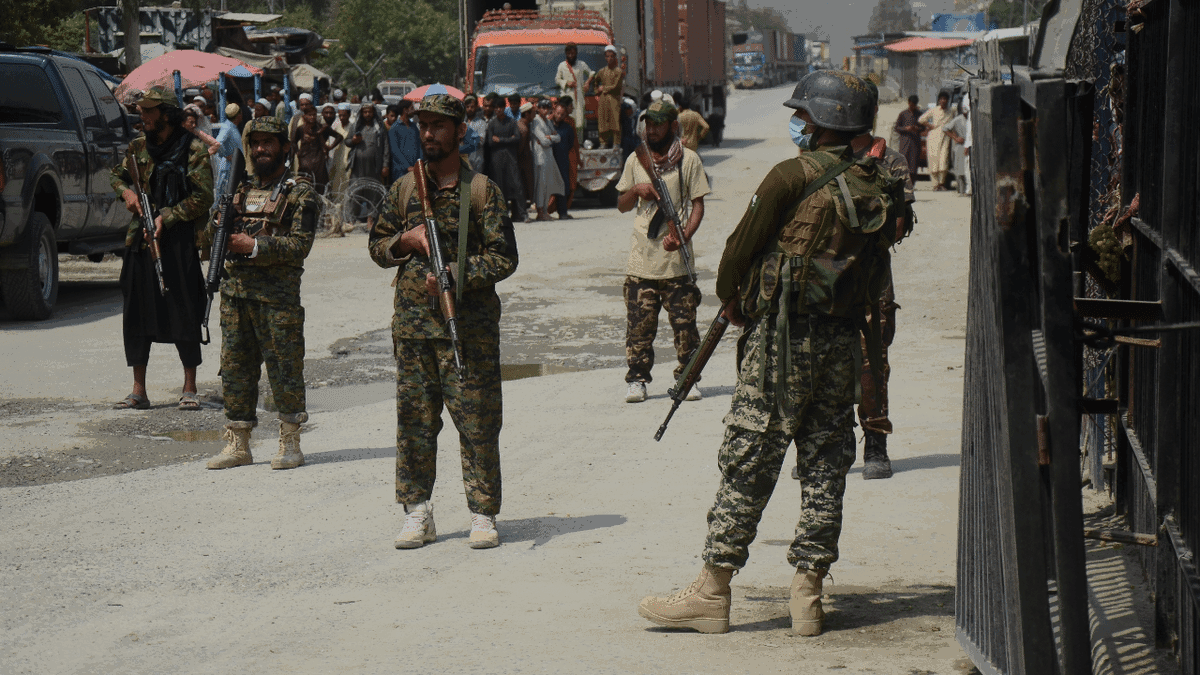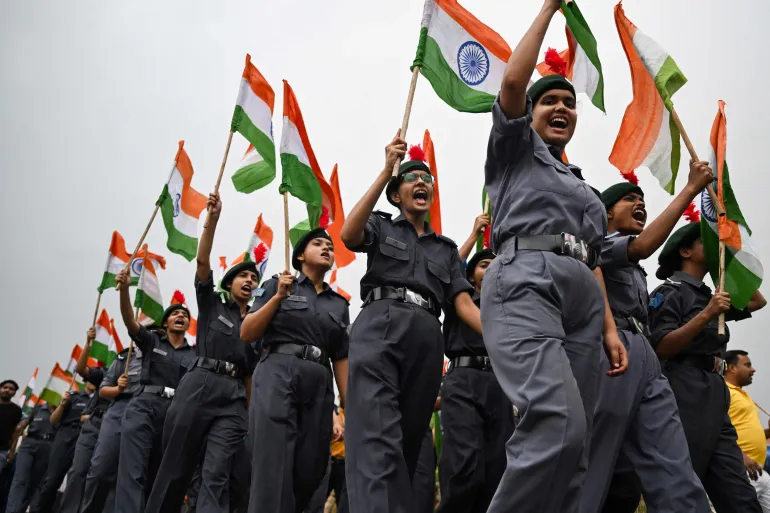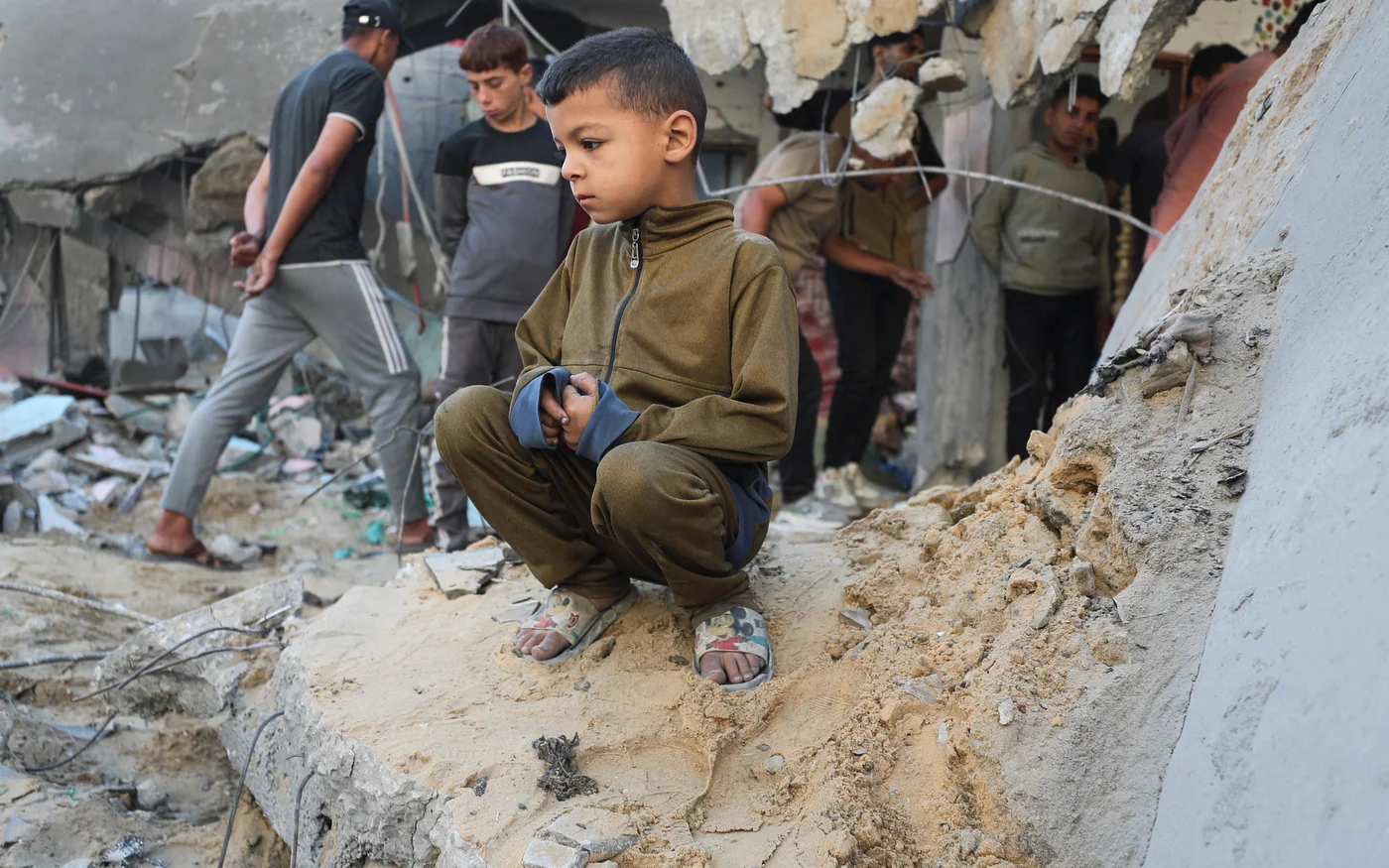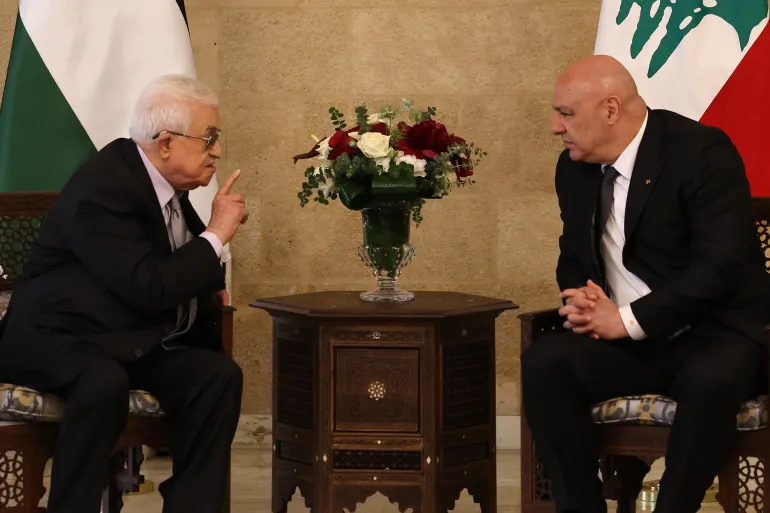Tensions between Pakistan and Afghanistan flared once again as troops from both countries reportedly exchanged fire along their shared border early on May 29, in the area of Baramacha, a key location on the Afghan side of the frontier.
The incident, confirmed by initial local reports, occurred during the early hours of Wednesday morning in the Baramacha region, which lies within Afghanistan’s border province and has been a historically sensitive flashpoint between the two nations. The exchange of gunfire has raised fresh concerns about deteriorating security and persistent mistrust along the border.
While the full extent of the clash remains unclear, there were no immediate official reports of casualties from either side. Pakistani and Afghan military authorities have not issued formal statements regarding the number of troops involved, the cause of the escalation, or whether the situation has since been contained.
Security analysts familiar with the region suggest the skirmish may have been triggered by either disputed border demarcations or recent activity involving cross-border movement. Baramacha is known as a key transit point in the region and has frequently been cited in past incidents involving smuggling, insurgent movements, or accidental incursions.
The border between Pakistan and Afghanistan, known as the Durand Line, has long been a source of tension. Afghanistan has historically refused to formally recognize the British-era boundary, while Pakistan has sought to enforce it more strictly in recent years by fencing long stretches of the border. These efforts have often led to clashes, particularly in contested or poorly defined zones like Baramacha.
Over the past several years, numerous firefights and standoffs have erupted along the border, with both sides accusing each other of provocations. These encounters have led to sporadic military buildups, displacement of civilians, and temporary closures of border crossings, disrupting trade and movement between the two countries.
The timing of the latest exchange comes amid an already fragile security situation in the region. Pakistan has voiced increasing concerns over the presence of militant groups operating from Afghan soil, including factions of the Tehrik-i-Taliban Pakistan (TTP), which Islamabad alleges have safe havens in Afghanistan. The Taliban government in Kabul has repeatedly denied these claims, asserting that it does not allow any group to use Afghan territory to launch attacks against neighboring countries.
In recent months, Pakistani officials have intensified diplomatic engagement with the Afghan Taliban in an effort to address cross-border militancy and bolster security cooperation. However, incidents like the Baramacha exchange suggest that progress on the ground remains tenuous.
No statement has yet been released by Kabul’s Ministry of Defense or Pakistan’s Inter-Services Public Relations (ISPR) regarding this specific clash, and regional observers are closely monitoring whether the incident will escalate or be diplomatically resolved.
The skirmish has drawn renewed attention from the international community, especially given the region’s role in broader security dynamics following the U.S. withdrawal from Afghanistan in 2021. Humanitarian agencies also warn that any escalation in border violence could endanger nearby civilian populations and hinder ongoing aid efforts in conflict-affected areas.
This latest incident underlines the persistent volatility of the Pakistan-Afghanistan border and the urgent need for sustained dialogue and de-escalation mechanisms. As both countries confront internal security challenges and economic strain, further instability along their shared border could carry significant regional consequences.
Source: News9Live



